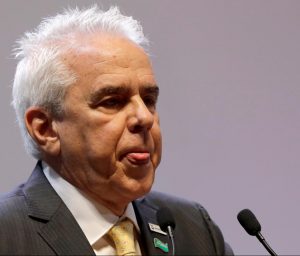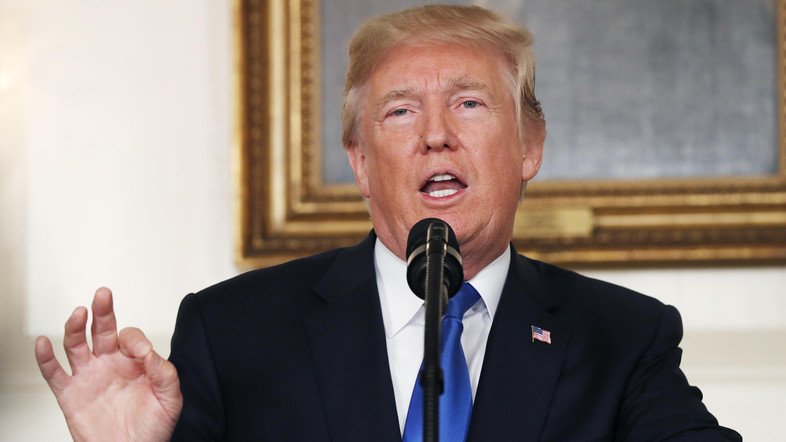
Rio De Janeiro/Mexico City — Brazil increased crude exports to Asia in the first half of the year, stealing a slice of a coveted developing market from global rivals who made record cuts to shipments to match the unprecedented fall in demand caused by the coronavirus pandemic.
The rise reflects Brazil’s growing clout among global oil producers as its massive offshore projects come online. Brazil is expected to deliver one of the biggest increases to global supply in the next five years from nations outside of the Organization of the Petroleum Exporting Countries, according to the International Energy Agency.
State oil firm Petrobras offered Asian refiners competitive deals on relatively high-quality oil just as China and other countries in the region reopened their economies and as Western nations went into lockdowns to curb the spread of coronavirus, traders said.
China also took advantage of the lowest oil prices in decades to fill up strategic storage.”If we had more oil available, China would buy it,” Petrobras Chief Executive Roberto Castello Branco told Reuters in a written response to questions.
Castello Branco said there was no more to sell to further boost exports, because demand in Brazil has been recovering.
China is now the destination for 70% of the country’s exports, Petrobras said in a statement to Reuters.
Asia imported an average of 1.07 million barrels per day of oil from Brazil in the first half of the year, 30% year-on-year hike, according to Refinitiv Eikon’s trade flows data.
A record 1.62 million bpd of Brazilian crude arrived in Asian ports in June, almost triple the volume in June 2019, according to the data. Graphic showing Asia’s oil imports from Latin America.
Asian refiners were keen for the low-sulfur oil that Brazil sells, as they sought to comply with new maritime regulations to supply ships with cleaner fuel. The oil is from Brazil’s prolific offshore deposits known as pre-salt fields, which Petrobras and oil majors are spending hundreds of billions of dollars to develop.
That offered Petrobras an opportunity to grow its market even as OPEC and its allies, collectively known as OPEC+, cut supplies by a record 9.7 million bpd.
Petrobras is confident that the quality of its oil will enable it to defend its enlarged market share in Asia even as global producers begin pumping more oil.
“There was a well-planned strategy to expand oil sales in the Asian market,” the company said. “Even if OPEC+ restores production levels, we believe that this will have little impact on exports.”
The increased exports also meant Petrobras had no need to lease tankers just to store crude, a costly option that rivals worldwide were forced to take as demand plummeted during lockdowns and refiners no longer wanted their oil.
Brazil’s rise came as rival Latin American producers ceded ground. Asia’s crude imports from sanctions-hit Venezuela fell by 35% in the same period, while purchases from Mexico dropped 9.5%, the data showed.
Brazil’s crude also displaced some West African supplies in China and India, according to data from those countries.
The rebound in consumption in recent months in Brazil is leaving less crude for export, so international sales may not rise further in the second half of the year.
“China should stop rebuilding stocks in the coming months and fuel demand in Brazil will recover,” said Marcelo de Assis, head of Latin America Upstream Research at Wood Mackenzie.
OTHER PRODUCERS
International oil companies operating in Brazil followed Petrobras’ lead to avoid filling up storage and making supply cuts, traders working with local crudes said.
Brazil has boosted total output to a record 2.97 million bpd so far this year, up from 2.6 million bpd in the same period of 2019. That makes it the top producer in Latin America.
Follow us on twitter
- Reuters



